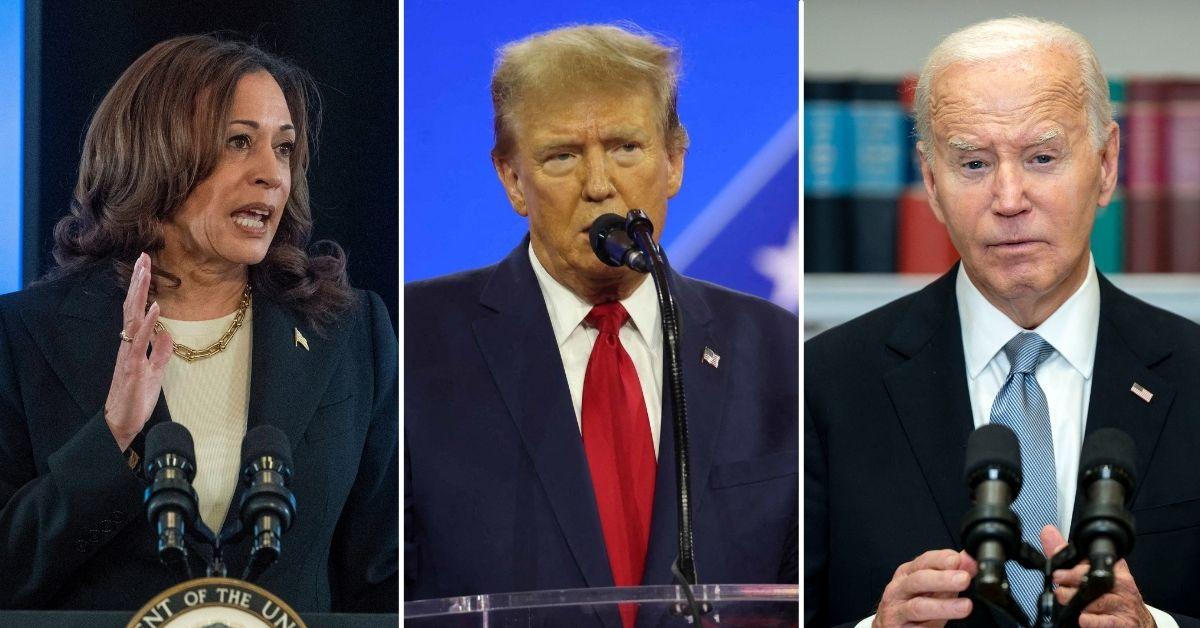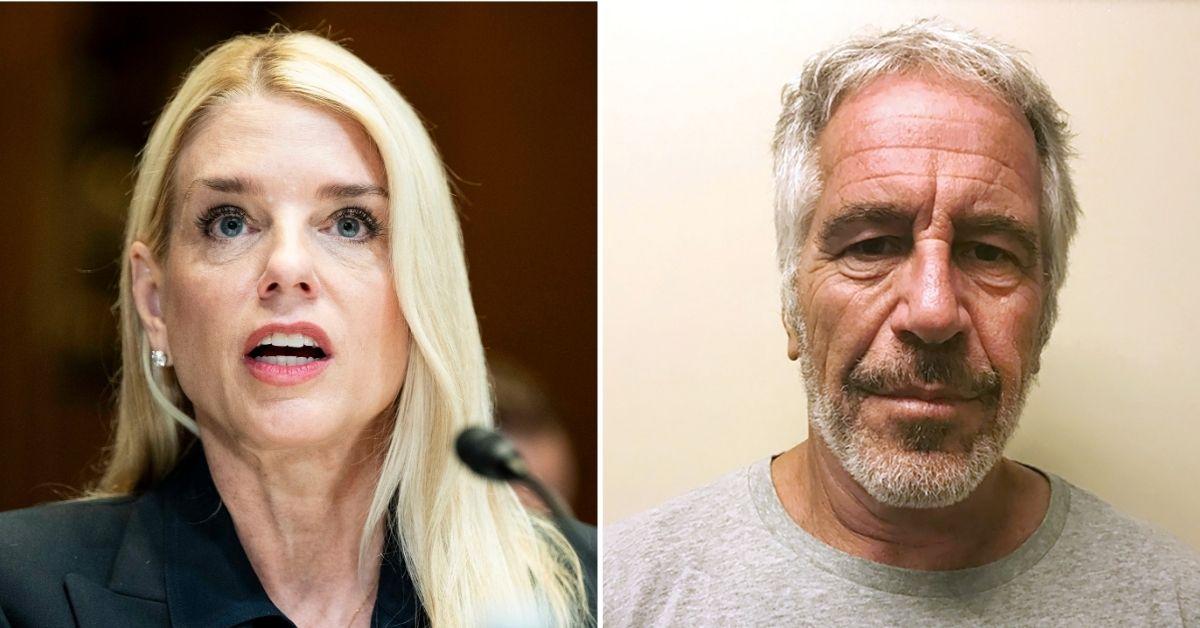Trump Legal Blow: Judge Chucks Out Bid to Dismiss 2020 Election Meddling Case — ‘There’s No Meaningful Evidence’
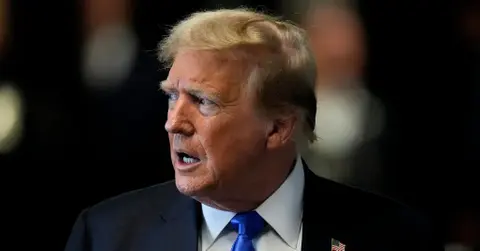
Donald Trump's motion to dismiss the 2020 election meddling trial was denied.
Aug. 4 2024, Published 11:00 a.m. ET
U.S. District Judge Tanya Chutkan dismissed an effort by former President Donald Trump to have the 2020 election interference case thrown out.
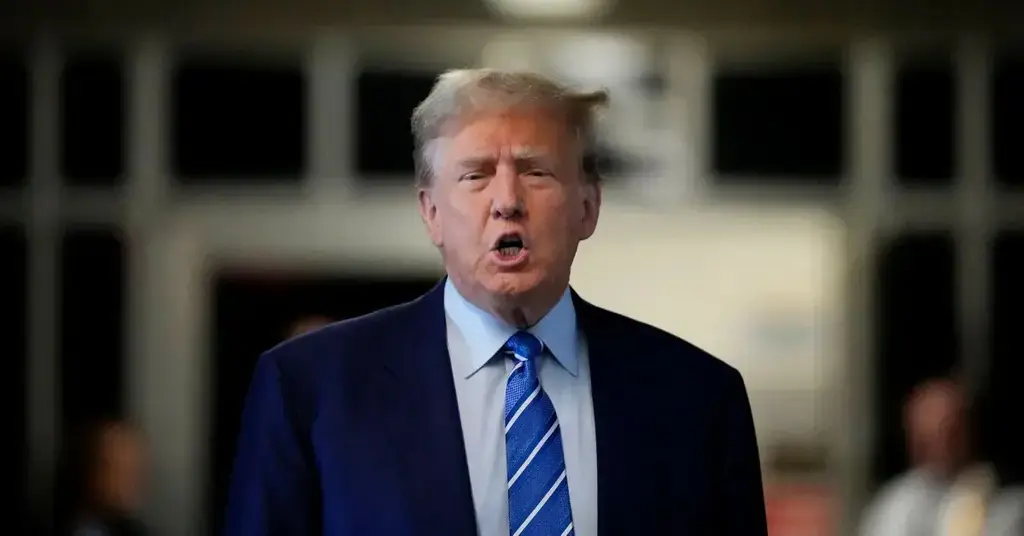
Republican Presidential nominee Donald Trump says he is waiting for a response from Kamala Harris to see if Harris will agree to the three debates.
The case, which centers around accusations of Trump spearheading a widespread effort to overturn the results of the presidential election he lost to Joe Biden, returned to the federal court in Washington DC after a Supreme Court ruling granted Trump partial immunity from prosecution.
RadarOnline.com can reveal that Judge Chutkan said Trump's legal team had provided “no meaningful evidence” the former president had been prosecuted for "vindictive and political purposes".
The former president has denied any wrongdoing and has previously claimed the Biden administration is behind the prosecution as part of a "political witch hunt" to sway voters in the 2024 election.
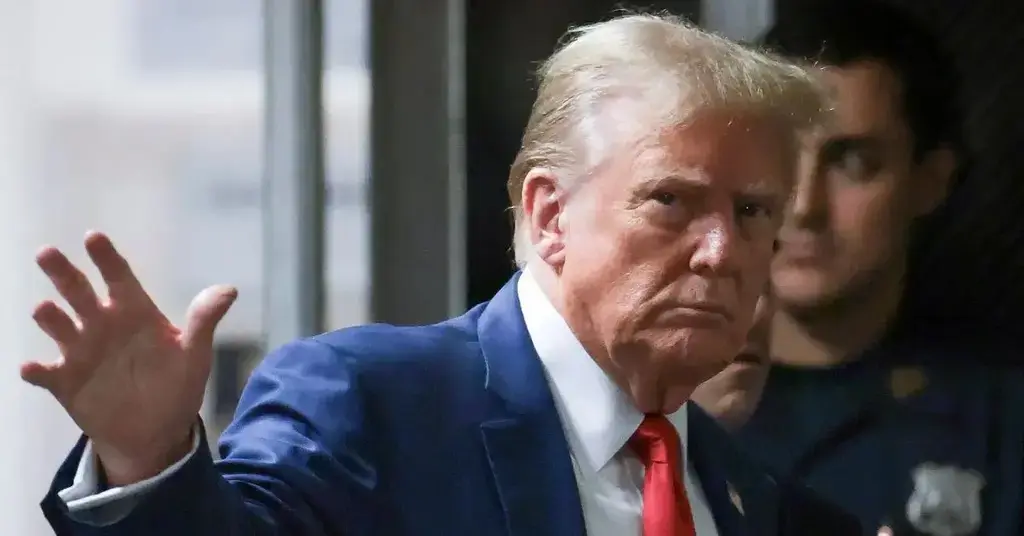
The Supreme Court gave the former president 'partial immunity' when it comes to 'official acts'.
Federal prosecutors have leveled serious accusations against Trump, alleging that he pressured officials to overturn election results, spread misinformation about election fraud, and attempted to capitalize on the chaos of the Capitol riot on January 6, 2021, to prolong his stay in power.
As a result, Trump faces four criminal charges as part of the indictment, including conspiracy to defraud the US and conspiracy against the rights of citizens.
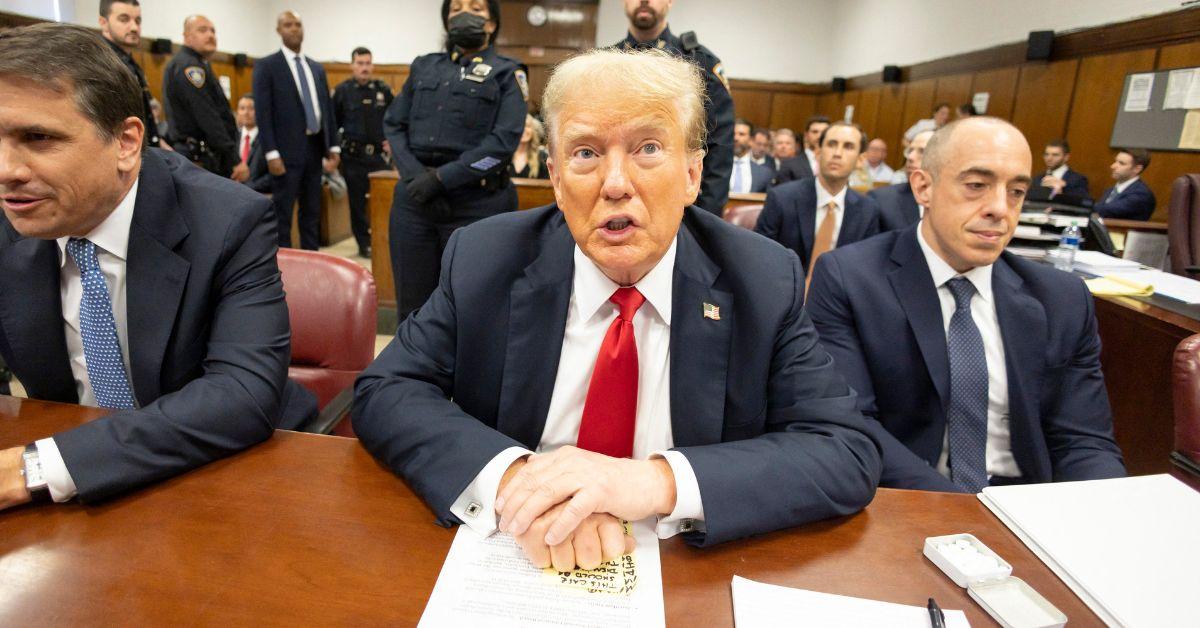
The judge scheduled the next court date for August 16.
In a motion to dismiss the case, following the Supreme Court's ruling that stated that Trump would have partial immunity from prosecution, Trump's lawyers argued he had been singled out while other people who questioned the election results had not been.
His lawyers also suggested that Trump's political opponents had launched the prosecution to prevent him from winning re-election.
The judge rejected both arguments, with Chutkan writing in her ruling that Trump was not charged merely for challenging the results but because he "knowingly made false statements in furtherance of criminal conspiracies and for obstruction of election certification proceedings".
Judge Chutkan scheduled a new hearing on August 16 to discuss the next steps of the criminal trial.
Never miss a story — sign up for the RadarOnline.com newsletter to get your daily dose of dope. Daily. Breaking. Celebrity news. All free.
Powered by RedCircle

The United States Supreme Court ruled in a 6-3 vote that Trump has "partial immunity" from criminal prosecution for "official acts" during his tenure in office.
Chief Justice John Roberts wrote in the conservative majority's opinion: "The President enjoys no immunity for his unofficial acts, and not everything the President does is official. The President is not above the law. But Congress may not criminalize the President’s conduct in carrying out the responsibilities of the Executive Branch under the Constitution."
"The President, therefore, may not be prosecuted for exercising his core constitutional powers, and he is entitled, at a minimum, to a presumptive immunity from prosecution for all his official acts. That immunity applies equally to all occupants of the Oval Office, regardless of politics, policy, or party."
In her written dissent, Justice Sonia Sotomayor argued that the ruling by the majority, which includes three justices appointed by Trump, "makes a mockery of the principle, foundational to our Constitution and system of government, that no man is above the law".

